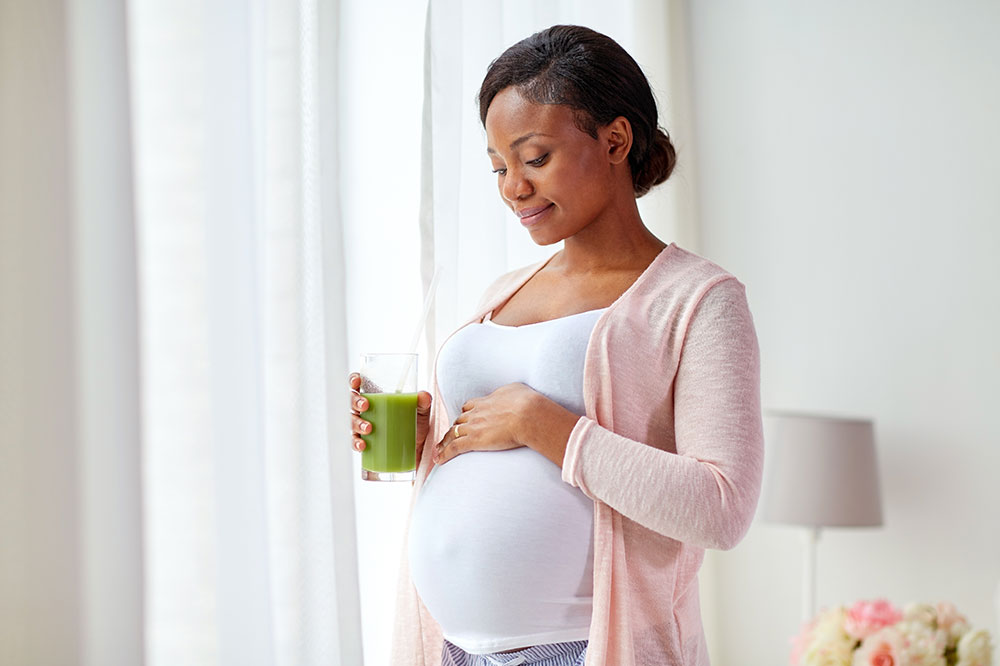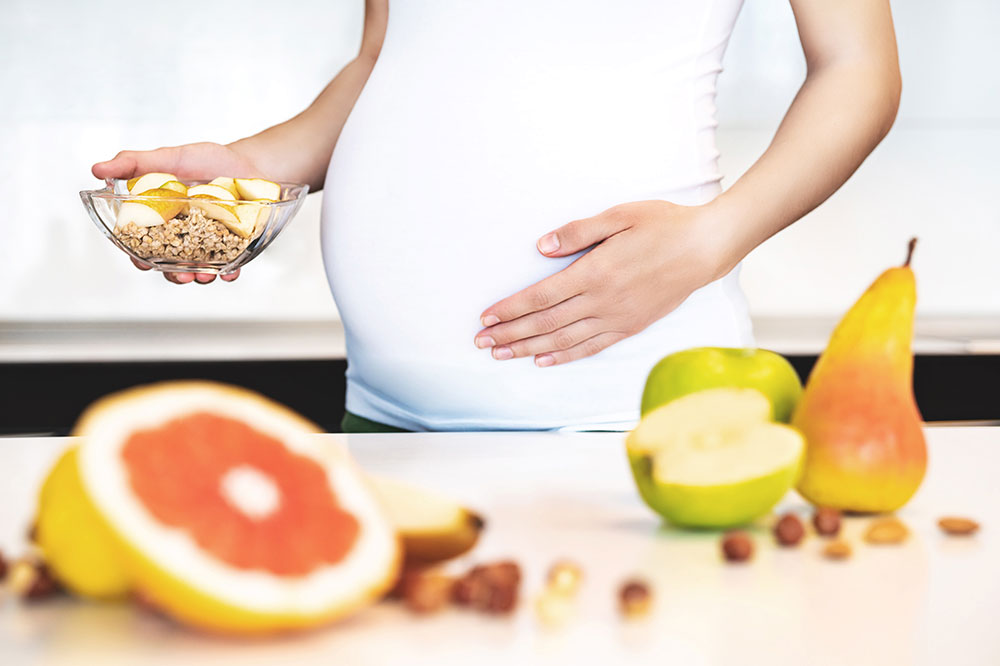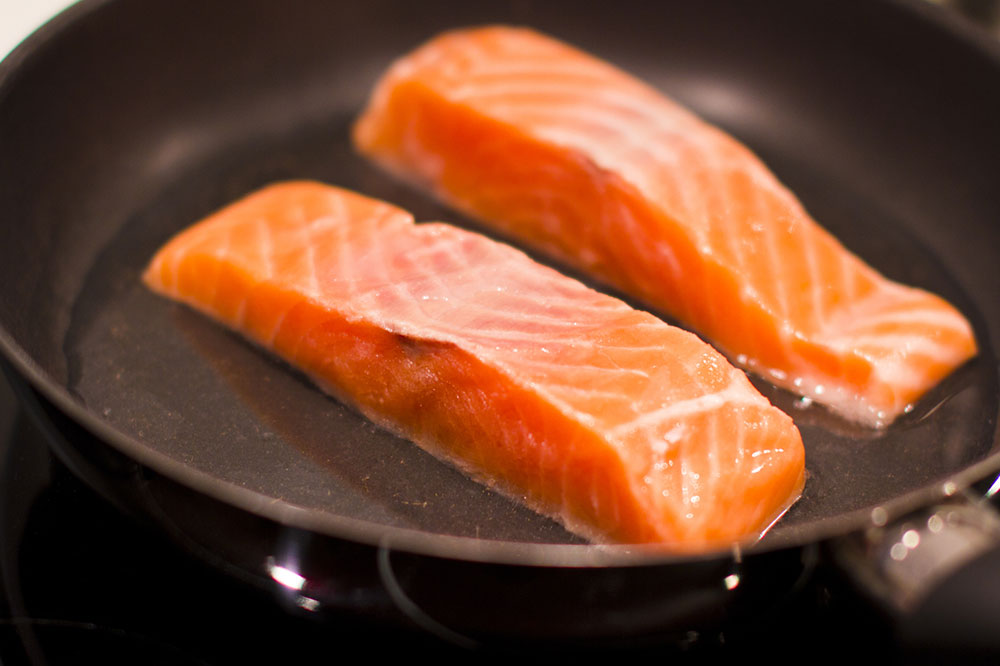Essential Nutritional Foods for a Healthy and Safe Pregnancy Journey
This comprehensive guide highlights essential foods for a healthy pregnancy, emphasizing nutrient-rich options like eggs, dairy, legumes, and fish. Proper nutrition during pregnancy supports fetal development, boosts maternal immunity, and alleviates common discomforts. Learn how incorporating these foods into your diet can make your pregnancy smoother and safer, promoting optimal health for both mother and baby through all stages of pregnancy.

Essential Nutritional Foods for a Healthy and Safe Pregnancy Journey
Embarking on the journey of pregnancy is both an exciting and transformative experience, filled with a multitude of physical, hormonal, and emotional changes. Ensuring optimal nutrition during this critical period is paramount for safeguarding both maternal and fetal health. A carefully planned diet rich in essential nutrients not only promotes proper fetal development but also alleviates common pregnancy discomforts. Expectant mothers need to prioritize foods that deliver vital vitamins, minerals, and healthy fats to support their changing bodies and the growing baby. Proper nutritional intake can significantly influence pregnancy outcomes, energy levels, and immune resilience throughout nine months and beyond.
During pregnancy, the nutritional requirements increase to support the rapid growth and development of the fetus, as well as to maintain maternal health. This means pregnant women should focus on consuming more calories, vitamins, and minerals through a variety of nutrient-dense foods. Incorporating a diverse mix of healthy options into daily meals ensures that the mother’s increased nutritional needs are met without excessive calorie consumption. Here are some of the most recommended foods to include in a prenatal diet, each offering essential nutrients and health benefits:
Eggs: Eggs are a nutritional powerhouse packed with high-quality protein, choline, vitamins B12, D, and minerals essential for fetal brain and organ development. One large egg provides approximately 77 calories and can be a versatile addition to breakfast, salads, or snacks. Choline in eggs supports neural tube formation and cognitive development, making them a must-have during pregnancy.
Dairy products: Dairy items like milk, cheese, and yogurt are rich sources of calcium, protein, and vitamin D—nutrients vital for the development of fetal bones and teeth. Greek yogurt, in particular, provides probiotics that support digestive health and boost immunity. Ensuring adequate calcium intake helps prevent pregnancy-related conditions such as gestational hypertension and preeclampsia.
Legumes: Lentils, beans, peas, and chickpeas are vital plant-based proteins that supply folate, iron, fiber, and antioxidants. Folate is crucial for neural tube formation, reducing the risks of neural defects. Iron from legumes supports increased blood volume during pregnancy, preventing anemia, while fiber helps combat constipation, a common pregnancy issue.
Sweet potatoes: These nutrient-dense root vegetables are excellent sources of beta-carotene, which converts into vitamin A—a vital nutrient for fetal tissue growth, immune system support, and cell differentiation. Sweet potatoes are low in toxicity risk, unlike animal sources of vitamin A, making them a safe choice for pregnancy nutrition.
Lean meats: Poultry, beef, and pork provide high-quality protein, iron, zinc, and B vitamins, essential for overall maternal health and fetal growth. Iron is especially important as it aids in oxygen transport, reduces fatigue, and prevents anemia, which can increase the risk of preterm birth and low birth weight.
Fish: Fatty fish like salmon are rich in omega-3 fatty acids, particularly DHA and EPA, which are critical for the development of the fetal brain, eyes, and nervous system. To manage mercury exposure, it is advisable to consume fish like salmon, sardines, and trout twice a week, avoiding high-mercury species such as swordfish and king mackerel.
Whole grains: Foods like oats, brown rice, and quinoa supply complex carbohydrates, dietary fiber, B vitamins, and magnesium. These nutrients support increased energy demands, aid digestion, and contribute to stable blood sugar levels during pregnancy, helping reduce the risk of gestational diabetes.
Incorporating these nutrient-dense foods into your daily diet can help ensure a healthy pregnancy, optimizing fetal development and supporting maternal well-being. Remember, balancing your meals with a variety of foods, staying hydrated, and maintaining regular prenatal checkups are vital steps toward a safe pregnancy. Consulting with healthcare professionals or registered dietitians can further personalize your nutritional plan to meet specific needs and address any concerns throughout your pregnancy journey.





